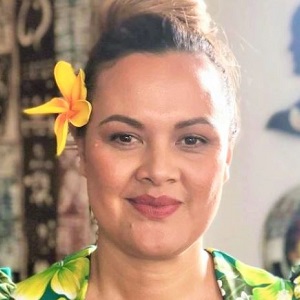Native Hawaiians and other Pacific Islanders experience poorer breast cancer survival outcomes that are hidden when their data is included in Asian populations, Stanford researcher says.
Studies of early-stage breast cancer outcomes frequently conclude that Asian American and Pacific Islanders fare better than non-Hispanic whites. But “Asian American and Pacific Islanders” is a broad umbrella term that encompasses people with heterogenous backgrounds including East Asian, South Asian, Southeast Asian and Pacific Islander heritage.
When the outcomes of these groups are considered separately, it becomes clear that Native Hawaiians and other Pacific Islanders (NHPIs) experience significantly worse overall survival and greater time between initial surgery and follow-up radiation — a measure that has been linked to poorer outcomes in cancer care.
According to a recent analysis by researchers at Stanford Medicine and collaborating institutions, the 10-year overall survival of Asian Americans was 91%; in contrast, the overall survival of NHPIs was 83%.
“Aggregating this data is masking a significant disparity in health outcomes in Pacific Islanders,” said radiation oncology resident Kekoa Taparra, MD, PhD. “Asian Americans are not a monolithic group. If we continue to say that Asian Americans with breast cancer tend to have superior outcomes, we are ignoring stark differences in culture, geography, traditions and comorbidities between the individual populations in that cohort.”
- See “Breast cancer disparities in Native Hawaiians and Pacific Islanders masked in larger ‘Asian American’ group” by Krista Conger on the Stanford University Medicine websoye (May 26, 2022)
- See full text of scientific paper “Disparities in Survival and Comorbidity Burden Between Asian and Native Hawaiian and Other Pacific Islander Patients With Cancer” by Kekoa Taparra et al.




